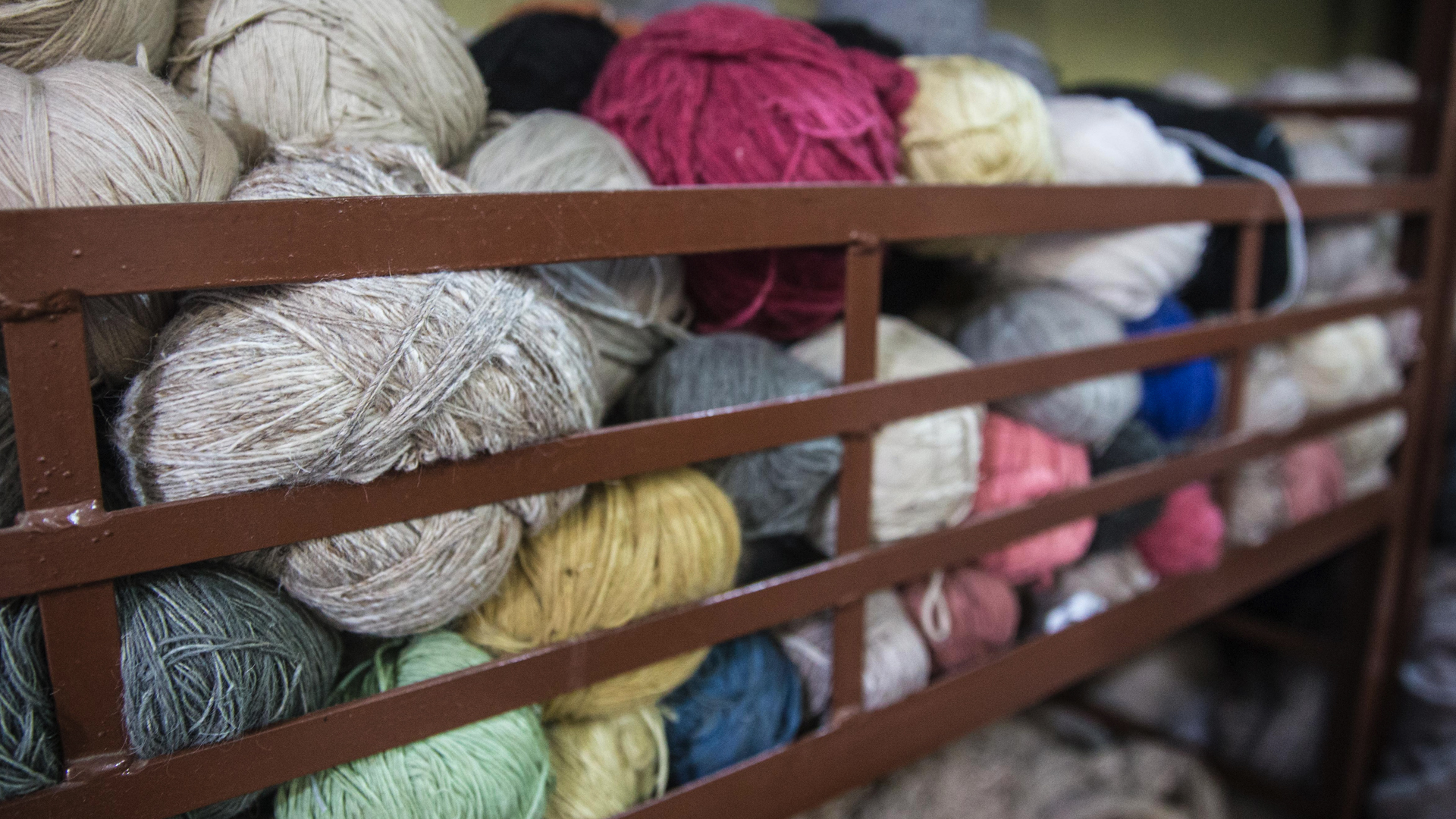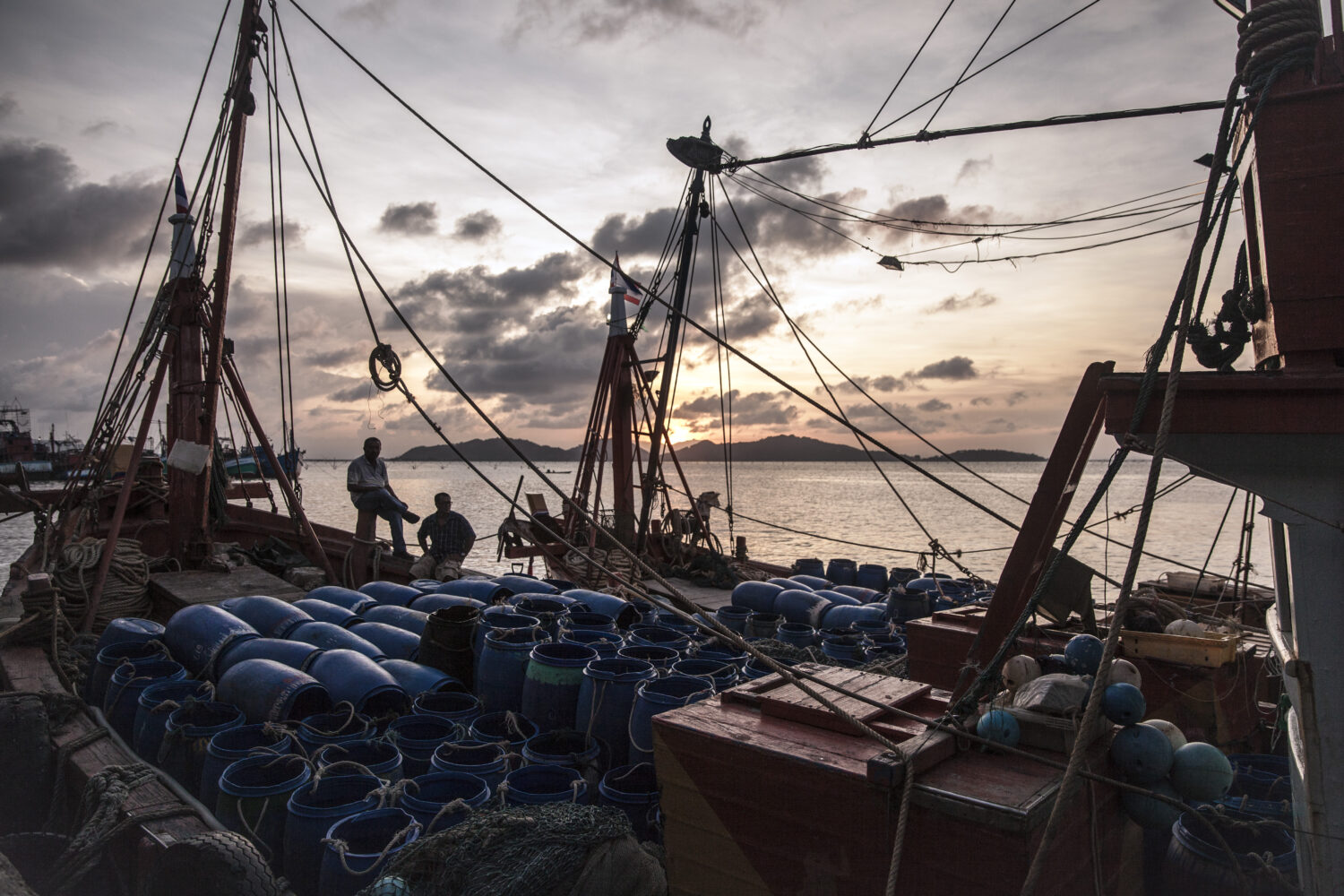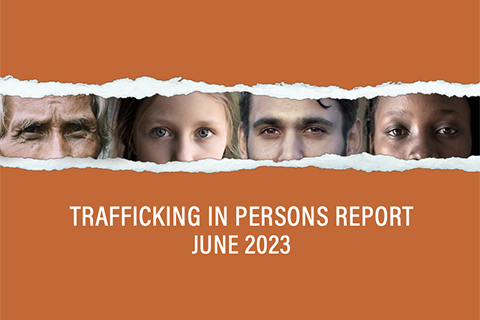Humanity United’s Forced Labor & Human Trafficking portfolio seeks to address power imbalances at the heart of worker exploitation. Our work focuses on the power imbalances between employers and workers, host and sending countries and migrant workers, and throughout each transaction within global supply chains.
We understand that the systems we work within – our global economies, societies, and political systems – are working exactly as they are intended to. These systems enable, encourage, and in some cases even demand the exploitation of workers to maximize profit and meet the goals of those in power.
Our work seeks to encourage and bolster the leadership of those within these systems who can play a leading role in addressing power imbalances and ending forced labor, human trafficking, and worker exploitation. This includes civil society leaders; companies; investors; policymakers; and, most importantly, workers themselves.
We believe that by focusing our attention on rebalancing power dynamics, we can accelerate the transformation of labor systems that are fair and just for the workers who are most often exploited.
Our portfolio strategy is focused on cultivating three core conditions within the systems that enable forced labor, which can greatly improve workers’ lives, and which Humanity United is particularly well-positioned to affect: worker power, corporate accountability, and safer labor migration.
These conditions are central to our programmatic work, which is focused specifically on worker exploitation in the world’s seafood industry; the migration corridor between Nepal and Qatar; and improving corporate practice across global supply chains.
Our work is highly collaborative: the issue of forced labor and human trafficking, as well as the strategies and tactics we use to cultivate our core conditions, have countless intersections with the other portfolios within our organization and other advocates for workers’ rights, as well as our peer funders and other human rights, social, and environmental justice movements.
Meet our advisors



